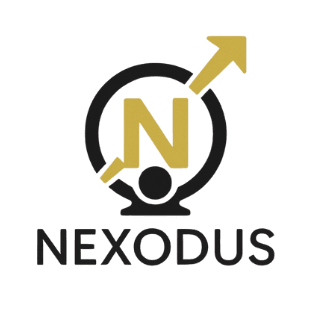From Classroom to Boardroom: Preparing Students for Success in a Hybrid Work Environment
Adapting Curriculum for a Hybrid Work Environment
In today's rapidly evolving work landscape, the transition from classroom to boardroom requires a unique set of skills. As the hybrid work model becomes increasingly prevalent, educational institutions must adapt their curricula to prepare students for success in this new environment. This involves integrating digital literacy, fostering adaptability, and emphasizing collaborative skills. By doing so, schools can ensure that students not only survive but thrive in a hybrid work setting.

One of the key components of preparing students for a hybrid work environment is emphasizing the importance of digital literacy. In a world where technology is constantly changing, students must be proficient in using various digital tools and platforms. This includes understanding software applications, online communication tools, and cloud-based collaboration systems. By embedding these skills into the curriculum, educators can equip students with the necessary tools for success.
Fostering Adaptability and Resilience
In addition to digital literacy, fostering adaptability is crucial for students entering a hybrid work environment. The ability to pivot quickly in response to changing circumstances is a valuable trait in any professional setting. Educators can nurture this skill by encouraging project-based learning and real-world problem-solving exercises. These experiences teach students how to approach challenges with a flexible mindset and develop resilience in the face of adversity.

Another way to cultivate adaptability is through exposure to diverse perspectives and cross-disciplinary studies. By engaging with different subjects and viewpoints, students learn to appreciate the value of varied approaches and solutions. This exposure not only broadens their understanding but also prepares them to work collaboratively with colleagues from different backgrounds and fields.
Enhancing Communication and Collaboration Skills
Effective communication and collaboration are fundamental skills in a hybrid work environment. Students must be able to articulate their ideas clearly and collaborate seamlessly with both in-person and remote colleagues. Educational programs should integrate activities that promote active listening, constructive feedback, and teamwork. Techniques such as group projects, peer reviews, and virtual collaboration exercises can help students hone these essential skills.

Moreover, educators can simulate hybrid work scenarios by incorporating virtual meetings and remote collaboration tools into classroom activities. This not only familiarizes students with the technology but also provides them with practical experience in navigating the dynamics of a hybrid workspace. By fostering these skills early on, schools can help bridge the gap between academic settings and professional environments.
Building Emotional Intelligence
Emotional intelligence (EQ) is another critical component of success in a hybrid work environment. Students should be encouraged to develop self-awareness, empathy, and interpersonal skills. These qualities enable individuals to navigate complex social dynamics, manage stress effectively, and build meaningful relationships with colleagues.
To foster EQ, educators can incorporate mindfulness practices, role-playing exercises, and discussions on emotional regulation into their curricula. These activities not only enhance students' emotional awareness but also equip them with strategies to handle conflict and maintain a positive workplace atmosphere.

Preparing students for success in a hybrid work environment requires a comprehensive approach that integrates technical proficiency with soft skills development. By focusing on digital literacy, adaptability, communication, collaboration, and emotional intelligence, educational institutions can equip students with the tools they need to excel in the modern workforce. As the lines between physical and virtual workspaces continue to blur, these skills will prove invaluable in navigating the future of work.
